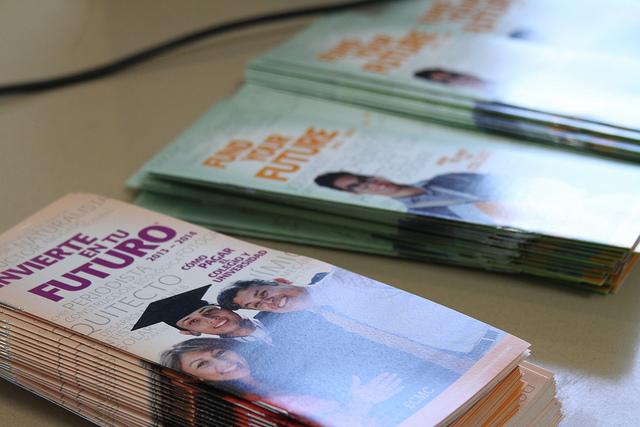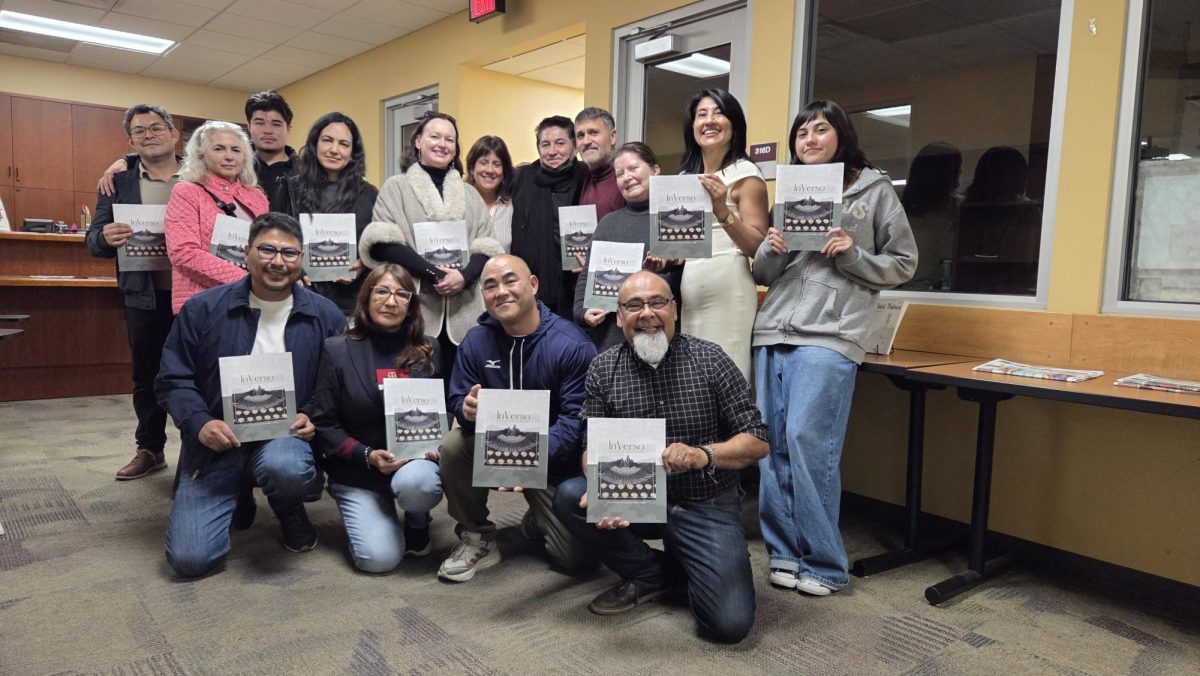California faculty and leaders have taken a stance against the deportation of undocumented students and have urged Donald Trump to reconsider the continuation of the Deferred Action Childhood Arrivals (DACA) program.
CSU Chancellor Timothy P. White, UC President Janet Napolitano, and CCC Chancellor Eloy Ortiz Oakley signed a letter Nov. 29, addressed to president-elect Trump, stating their concerns and pleads in regards to keeping the state’s public higher education systems as sanctuary environments.
“[DACA students] are constructive and contributing members of our society,” said in an LA Times copy of the document. “They should be able to pursue their dream of higher education without fear of being arrested, deported, or rounded up for just trying to learn.”
The letter surfaced approximately a week after the California Faculty Association (CFA) released a similar statement on their website. The union of over 27,000 CSU faculty members transcribed their supportive values and action plan proposals.
“-In order to protect the most vulnerable members of our campus communities, CFA will press Chancellor White and the Board of Trustees to erect every legal bulwark possible to defend our undocumented students, undocumented CSU employees and their families to ensure that they are not subject to intimidation, unfair investigation, or deportation,” states the CFA via their website.
CFA also prepared for a hypothetical scenario in which the DACA program is revoked. Ensuring that previous DACA students are provided with financial aid, in-state tuition, work-for-pay, and confidentiality are a top priority.
President Barack Obama created the DACA program on June 15, 2012. Two months after, individuals were allowed to apply but approval only came to the qualified.
The program provides a renewable, two-year relief to undocumented students who meet a list of prerequisites. Applicants must be:
- Under the age of 31, present in the U.S., and clear of inspection or expired visa status as of June 15, 2012.
- In the U.S. before the age of 16, continuously residing in the U.S. since June 15, 2007.
- Current students who have graduated high school, earned a GED, or been honorably deployed from the Coast Guard or armed forces.
- Innocent of felony offenses and significant or multiple misdemeanors.
Students who successfully join DACA are also granted a social security card, work permit, driver’s license, and some temporary residential rights such as traveling around the country.
However, the application process does not guarantee a successful outcome and it puts a lot on the line for undocumented students.
On Dec. 7, Congresswomen Lucille Roybal-Allard, Zoe Lofgren and Congressman Luis V. Gutierrez along with 50-plus Democratic members of Congress met in Washington D.C. to encourage President Obama to consider a presidential pardon as a way to protect DREAMers and DACA students from the Trump administration.
On that same day, Trump made a statement to Time magazine, leaving many people wondering whether his thoughts on immigration policy and the DACA program have softened.
“We’re going to work something out that’s going to make people happy and proud,” said Trump in the Time magazine interview. “They got brought here at a very young age, they’ve worked here, they’ve gone to school here. Some were good students. Some have wonderful jobs. And they’re in never-never land because they don’t know what’s going to happen.”


















